


On November 26, 2008, Mumbai was struck by a devastating terror attack that claimed the lives of 166 individuals and left hundreds injured. As the city observed the 16th anniversary of this tragic event, people across the nation paid their respects to the victims and honored the bravery of security personnel. The coordinated attacks by LeT militants targeted both civilians and law enforcement, serving as a stark reminder of the threat posed by terrorism. Nine attackers were neutralized by security forces, with the sole surviving perpetrator being sentenced to death and executed in 2012. The 26/11 attacks continue to be remembered as a tragic chapter in India's history, demonstrating the resilience and courage of Mumbai and its people.
On November 26, 2008, the city of Mumbai, India, was subjected to a series of coordinated terror attacks that claimed the lives of 166 people and injured hundreds more. The attacks were carried out by ten terrorists from the Pakistan-based Lashkar-e-Taiba (LeT) organization.
Background
The LeT is a terrorist organization formed in 1990 with the goal of establishing an Islamic caliphate in the Kashmir region. The group has been responsible for numerous attacks in India, including the 2001 Parliament attack and the 2007 Samjhauta Express bombing.
The Attacks
The 26/11 attacks began around 9:30 p.m. on November 26, 2008, when terrorists attacked multiple locations across Mumbai, including the Taj Mahal Palace Hotel, the Oberoi Trident Hotel, the Cafe Leopold, and the Chhatrapati Shivaji Terminus railway station. The terrorists used automatic weapons and grenades to target civilians and law enforcement officers.
The attacks lasted for nearly three days, and the Indian security forces fought back bravely to neutralize the terrorists. Of the ten terrorists, nine were killed by security forces, while the tenth, Ajmal Kasab, was captured alive.
Aftermath
The 26/11 attacks had a profound impact on Mumbai and India as a whole. The city was left devastated by the loss of life and the destruction of property. The attacks also raised serious questions about India's internal security and the threat posed by terrorism.
In the aftermath of the attacks, the Indian government implemented several measures to strengthen its security, including increasing the number of security personnel, enhancing surveillance and intelligence capabilities, and strengthening border controls.
Ajmal Kasab's Execution
Ajmal Kasab, the sole surviving terrorist from the 26/11 attacks, was sentenced to death in 2010. He was executed in 2012 after his appeals were rejected. Kasab's execution was widely seen as a symbolic victory for India in its fight against terrorism.
Top 5 FAQs and Answers
1. Who were the perpetrators of the 26/11 attacks? Ten terrorists from the Pakistan-based Lashkar-e-Taiba (LeT) organization carried out the attacks.
2. How many people were killed in the 26/11 attacks? 166 people were killed in the attacks.
3. Who was Ajmal Kasab? Ajmal Kasab was the sole surviving terrorist from the 26/11 attacks. He was sentenced to death in 2010 and executed in 2012.
4. What was the impact of the 26/11 attacks? The attacks had a profound impact on Mumbai and India as a whole, leading to a loss of life, destruction of property, and questions about India's internal security.
5. What measures were taken by the Indian government in the aftermath of the 26/11 attacks? The Indian government implemented several measures to strengthen its security, including increasing the number of security personnel, enhancing surveillance and intelligence capabilities, and strengthening border controls.

The International Society for Krishna Consciousness (ISKCON) has called upon the Indian government to intervene and secure the release of prominent Hindu leader and priest, Chinmoy Krishna Das, who was detained by the Dhaka Metropolitan Police in Bangladesh. ISKCON, known for its peaceful Bhakti movement, has strongly condemned the baseless allegations connecting the organization with terrorism. Chinmoy Krishna Das, a spokesperson for Bangladesh Sanatan Jagaran Mancha and a prominent figure in the ISKCON community, was taken into custody by the detective branch of Dhaka Metropolitan Police.
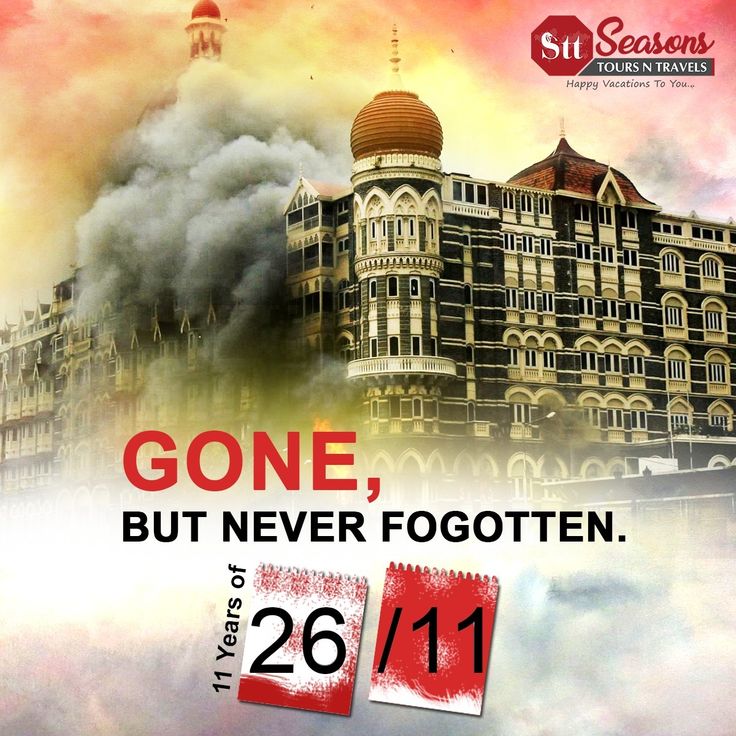
Today marks 16 years since the deadly and unforgettable 26/11 attacks in Mumbai, India. As people remember the victims and honor the brave heroes who fought during the attacks, let's not forget the selflessness and courage of Tukaram Omble, an unarmed police officer who saved lives by bravely standing up to terrorist Ajmal Kasab, and Major Sandeep Unnikrishnan, a commando who sacrificed his life while leading the rescue mission at the Taj Hotel. On this somber anniversary, we pay tribute to these and other unsung heroes who risked everything to protect and serve their fellow citizens.
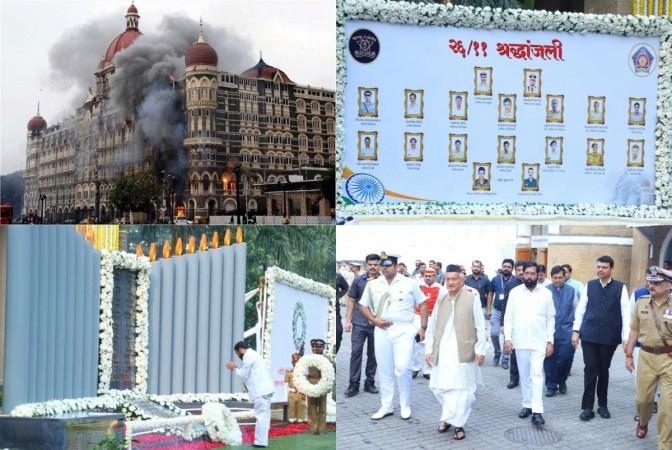
Maharashtra Governor and Chief Minister, along with senior officials, pay tributes to martyrs who lost their lives during the 2008 Mumbai terror attacks, carried out by 10 terrorists from the Pakistan-based Lashkar-e-Taiba group. The attacks resulted in the deaths of 166 people and sparked widespread global condemnation, leading to changes in India's counter-terrorism measures. Family members of the martyrs also joined in the tributes, honoring the ultimate sacrifice made by their loved ones.
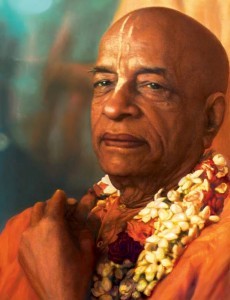
The International Society for Krishna Consciousness (ISKCON) has requested the Indian government to intervene and secure the release of its leader Sri Chinmoy Krishna Das, who was detained by Dhaka Metropolitan Police in Bangladesh. ISKCON has vehemently denied any involvement with terrorism and is calling for the immediate release of Chinmoy Krishna Das. The organization has asked the Government of India to reach out to their Bangladeshi counterparts and convey their peaceful message as a Bhakti movement.
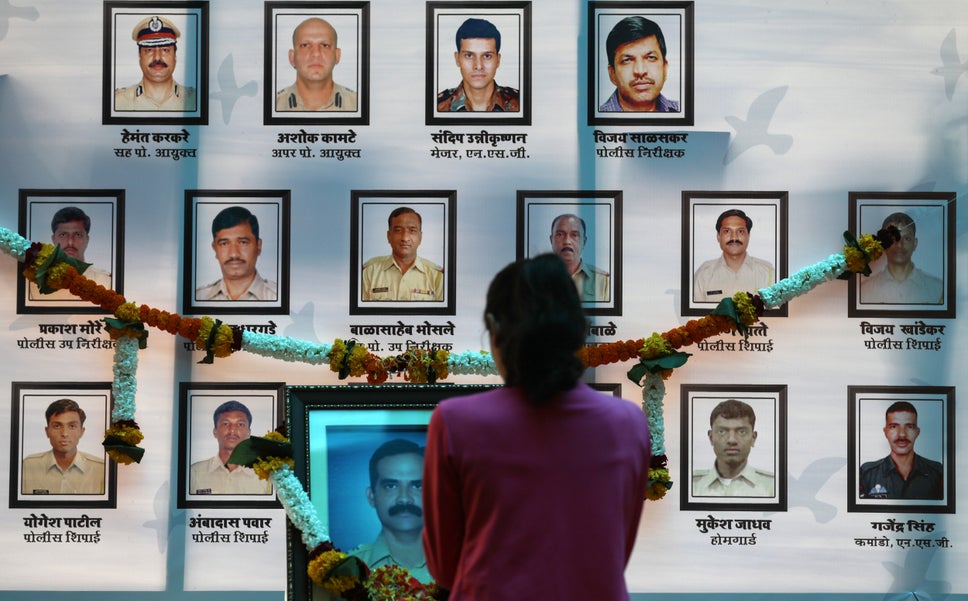
On November 26, 2024, India commemorated the 16th anniversary of the tragic 26/11 Mumbai terror attacks, one of the deadliest in the nation's history. Leaders from across the country paid their respects to the lives lost and reaffirmed their commitment to fighting against terrorism. President Droupadi Murmu, Uttar Pradesh Chief Minister Yogi Adityanath, Maharashtra Deputy Chief Ministers Devendra Fadnavis and Ajit Pawar, and Union Home Minister Amit Shah all offered heartfelt tributes and condemned terrorism as a heinous blot on humanity.

Hindus in Bangladesh took to the streets demanding the release of monk Chinmoy Krishna Das Prabhu after he was detained by officials and taken to an undisclosed location. Protests turned violent when unknown miscreants attacked protesters in Dhaka and Chittagong, leading to injuries of over 20 people. Sources suggest that the arrest was a ploy by the interim government, led by Nobel laureate Muhammad Yunus, to target the minority Hindu community.

A leading credit rating agency has revised its projections for China’s economic growth, citing the looming threat of increased tariffs under the upcoming US presidency. According to S&P Global Ratings, the uncertainty caused by Trump's stance on tariffs has "blurred" the economic landscape in the Asia-Pacific region, leading to a downward revision of growth forecasts for the next two years. The agency highlighted potential negative impacts on investment, employment, income, and confidence, which could also affect consumer spending. Additionally, while China has implemented stimulus measures, S&P pointed out that there has been limited support for households and consumption.

Flyadeal, a budget airline based in Saudi Arabia, has launched flights to Sohag, a lesser-known but culturally and historically significant destination in Upper Egypt. The airline has added this route just hours before it launches its first international scheduled flight from Madinah to Cairo. With this expansion, flyadeal now operates 44 weekly flights between Saudi Arabia and Egypt, further strengthening the commercial and strategic ties between the two countries. The Sohag region, known for its ancient temples and river cruises, offers a unique and fascinating glimpse into Egyptian civilization. Flyadeal continues to grow its network and plans to further expand internationally in the coming years. Tickets for these newly launched routes can be booked through the airline's mobile app, website, and travel agencies.
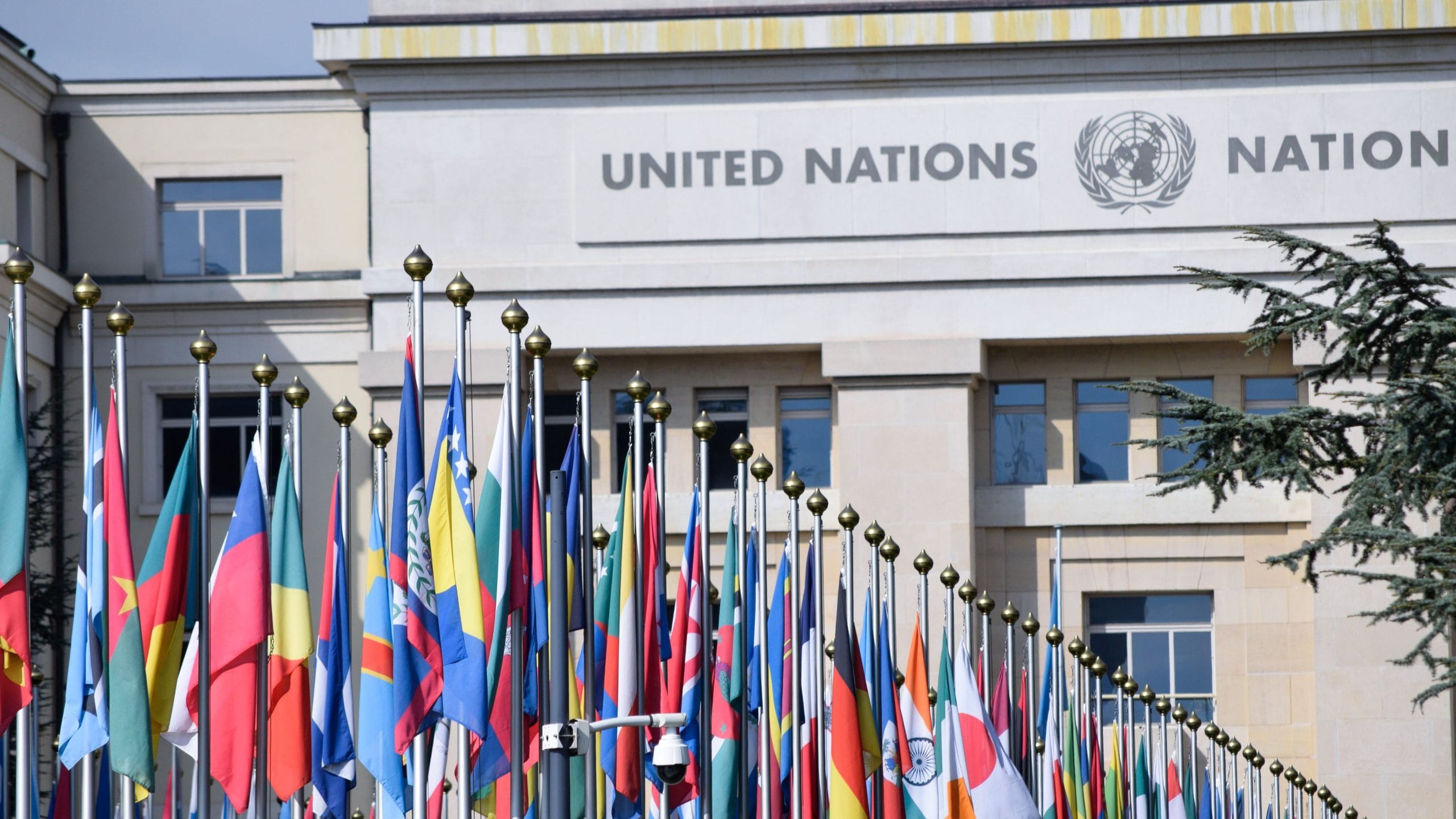
The Indian Government's vision of "Sahkar Se Samriddhi" will align with the theme of "Cooperatives Build Prosperity for All" at the ICA Global Cooperative Conference 2024. Prime Minister Narendra Modi will inaugurate the conference and launch the UN International Year of Cooperatives 2025, showcasing the power of cooperative enterprises in promoting social inclusion, economic empowerment, and sustainable development worldwide. The event will feature discussions and workshops focusing on the role of cooperatives in achieving United Nations Sustainable Development Goals, and a commemorative postal stamp will be launched symbolizing India's commitment to the cooperative movement, with delegates from over 100 countries in attendance.